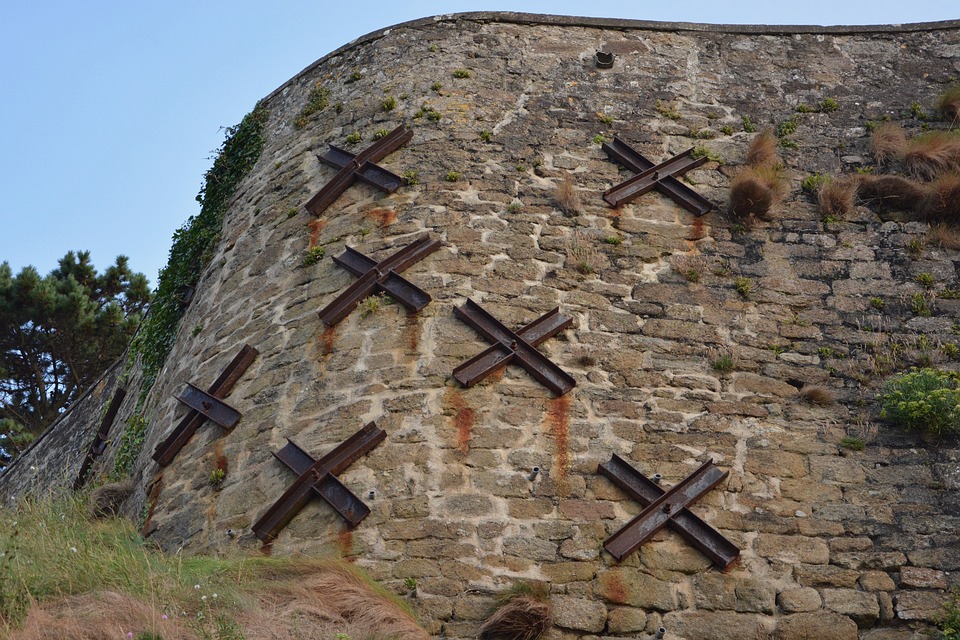A Guide to Recreating Reinforced Concrete Retaining walls
There are many types of Melbourne Retaining Walls concrete walls that can be used in different applications. These retaining walls have different functions and parts. These walls can be constructed in many different ways.
First, tiered wall and cantilever are the most popular styles. Cantilever and tiered wall are both types of reinforced concrete retaining walls that can also be built from precast forms of cement or stone. The frame and walls are first drawn up, then the wall posts are added to the frame. The wall is then placed on top of the ground and stoned tightly. This creates a strong foundation for any soil type.
Tiered wall on the other hand, is a simple type of reinforced concrete retaining walls which are built of interlocking steel beams which are placed horizontally. For added stability, the beam pieces can be driven into the soil manually. This type of structure is built on a firm foundation soil that must be securely fixed in place. The soil type is important for this kind of structure. If it is too loose, it can just crumble and wash away all of the structure. However, if the soil has too much clay, the reinforced concrete retaining walls will not be able to hold in place.

You can also choose from a variety of reinforced concrete retaining wall styles, such as tiered or cantilevered. These are usually made by cutting a section of the existing wall and joining two parallel sections. This is done over the soil that was the original wall. A concrete cutter can be used to cut out the desired piece of material and position it over the soil. On the other hand, for this style, the trench is dug by hand to cut out the trench for the reinforcement.
The trench is made using a forklift truck. Another variation uses a hydraulic excavator. This allows the trench to be moved to the location of the tiered walls. Tiered wall structures are stronger and more durable than other wall styles because they can grow either upwards or downwards. This is why this particular design is preferred in areas with a large landscape and a lot of ground. This is a huge advantage when you apply for extensions to these walls. You will need a lot soil to position in order to build a wall long enough. Because tiered concrete retaining wall require a lot more soil area, they are great for small jobs.
The installation of this style of retaining wall can be done by most contractors or building contractors who have knowledge in this type of work. However, many home owners prefer to do it themselves. Some people decide to buy the materials and then learn how to install them. If you are interested in learning more about this type of walling, you can search the internet for DIY articles. Some homeowners may want to read the articles so they will know how they can install the cantilevered or counterfeit retention walls.
Homeowners must obtain permits before installing any reinforced concrete retaining wall. Residents can present their ideas to the local government at a meeting. You can also suggest soil, water runoff, or construction materials for these walls.
Any homeowner should seek professional assistance for any type of renovation or repair. Homeowners should never work on their own when it comes to installing any type of material for their home. Instead, they should consult a professional. For any concrete project, it is essential that homeowners use the proper tools and materials. It is crucial that homeowners hire professionals to ensure a perfect installation of a counterweighted or cantilevered wall.

